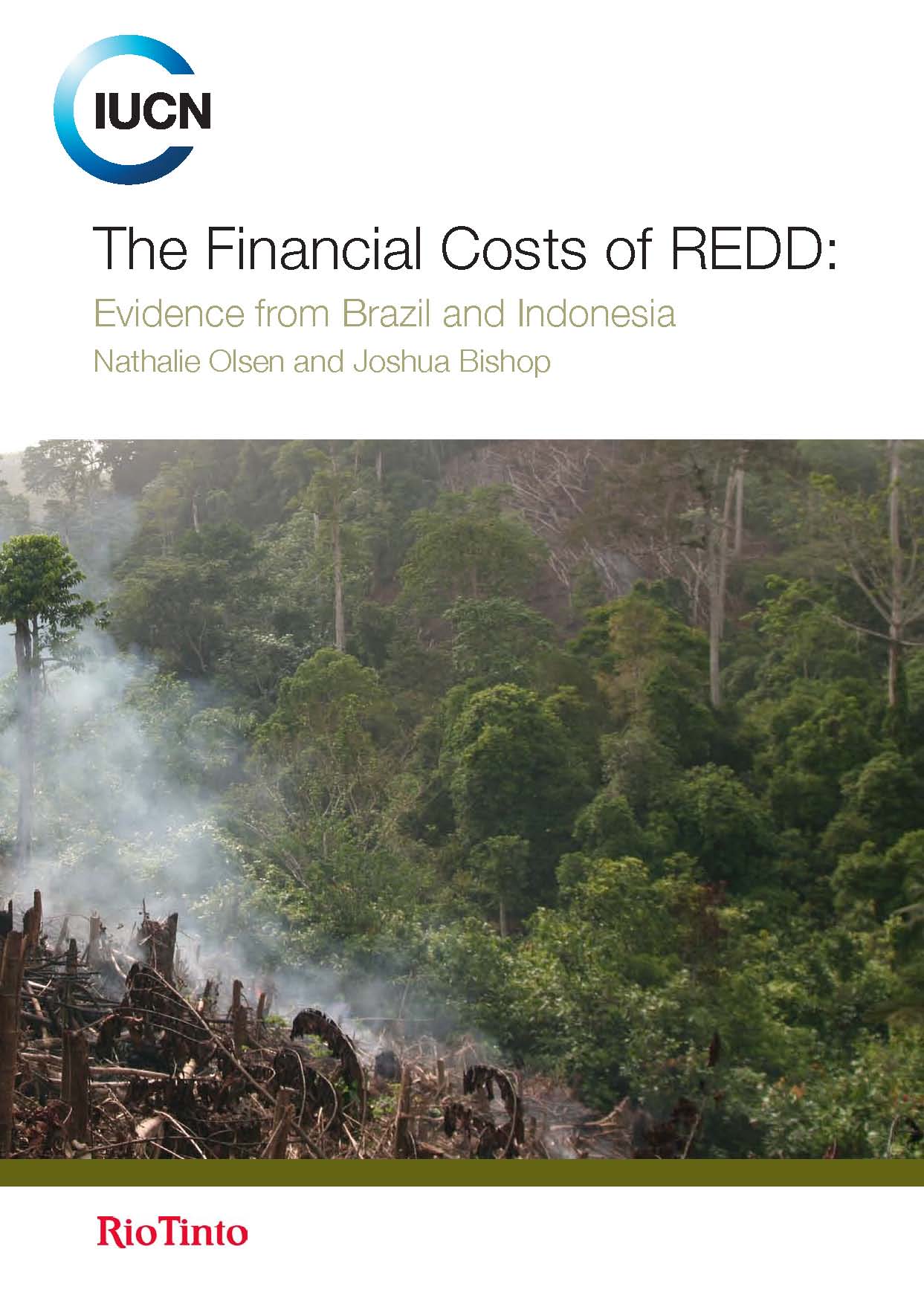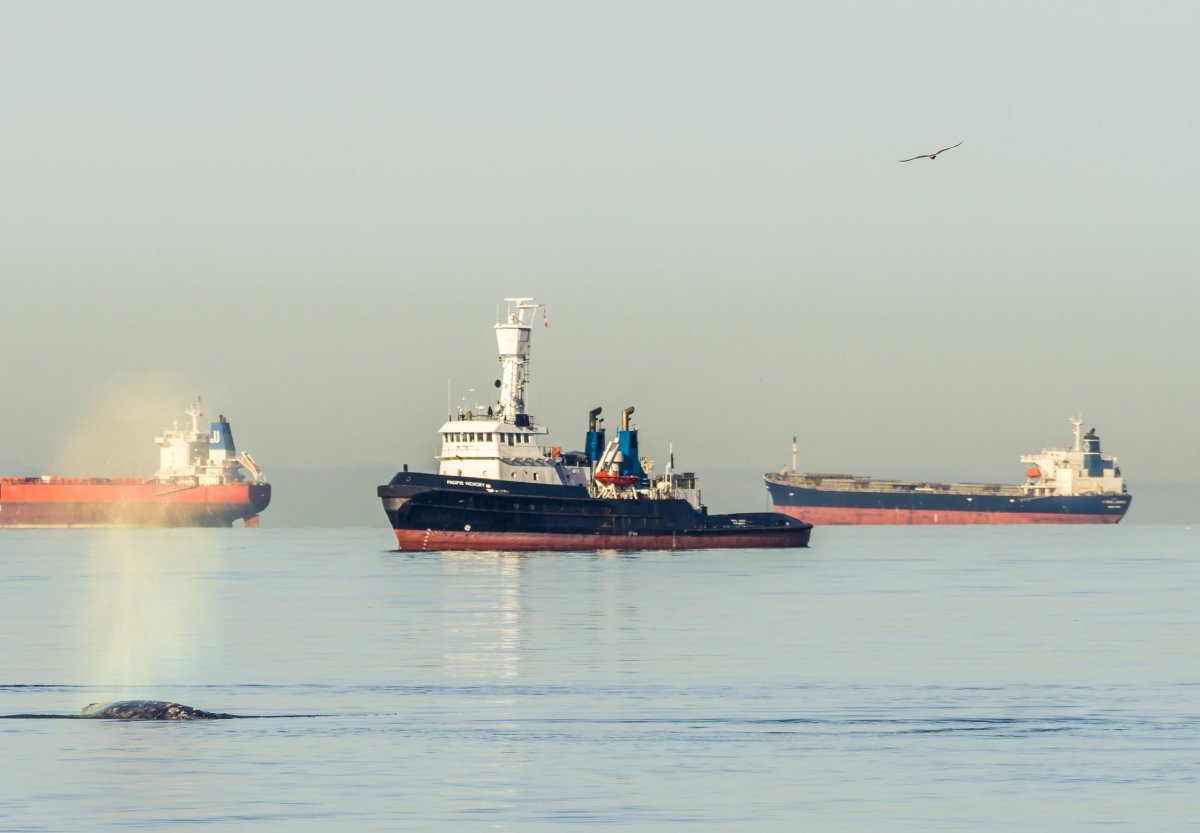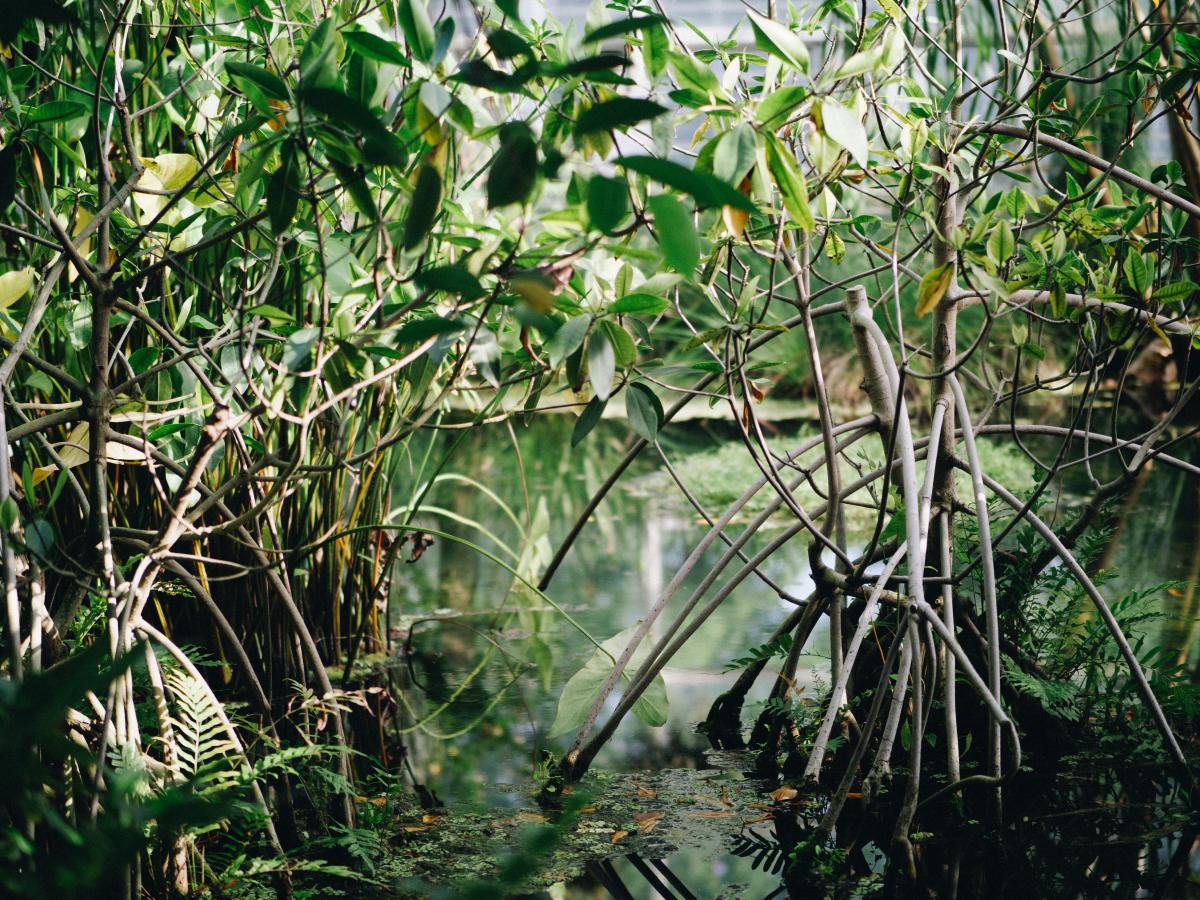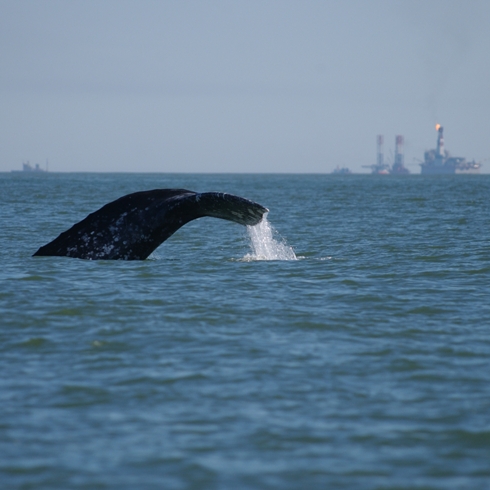The Financial Costs of REDD - Evidence from Brazil and Indonesia
This study discusses the financial costs of abating greenhouse gas emissions through reducing emissions from deforestation and forest degradation (REDD). It is written from the perspective of an institutional investor seeking cost-effective mitigation options. A review of empirical data from Brazil and Indonesia suggests that REDD may, in many areas, provide a cost-effective mitigation option, with estimated costs lying in a range of US$ 2-10 per ton of CO2e.

Photo: costs of REDD cover
This paper examines both the opportunity costs as well as the implementation and transaction costs associated with REDD in Brazil and Indonesia. It finds that payments associated with REDD are likely to be competitive with most land uses at a carbon price of US$10 per ton of CO2e. Implementation and transaction costs, which are estimated to roughly add an additional $1/ton of CO2e, are not so large as to make REDD financially unattractive relative to non-forest sector carbon abatement options. The study also finds that it is essential to use local level data when assessing the incentives for REDD as there is significant variation in both per hectare opportunity costs and the carbon content of forests.
The full report and summary brochure, written by Nathalie Olsen and Joshua Bishop, are available for download.



